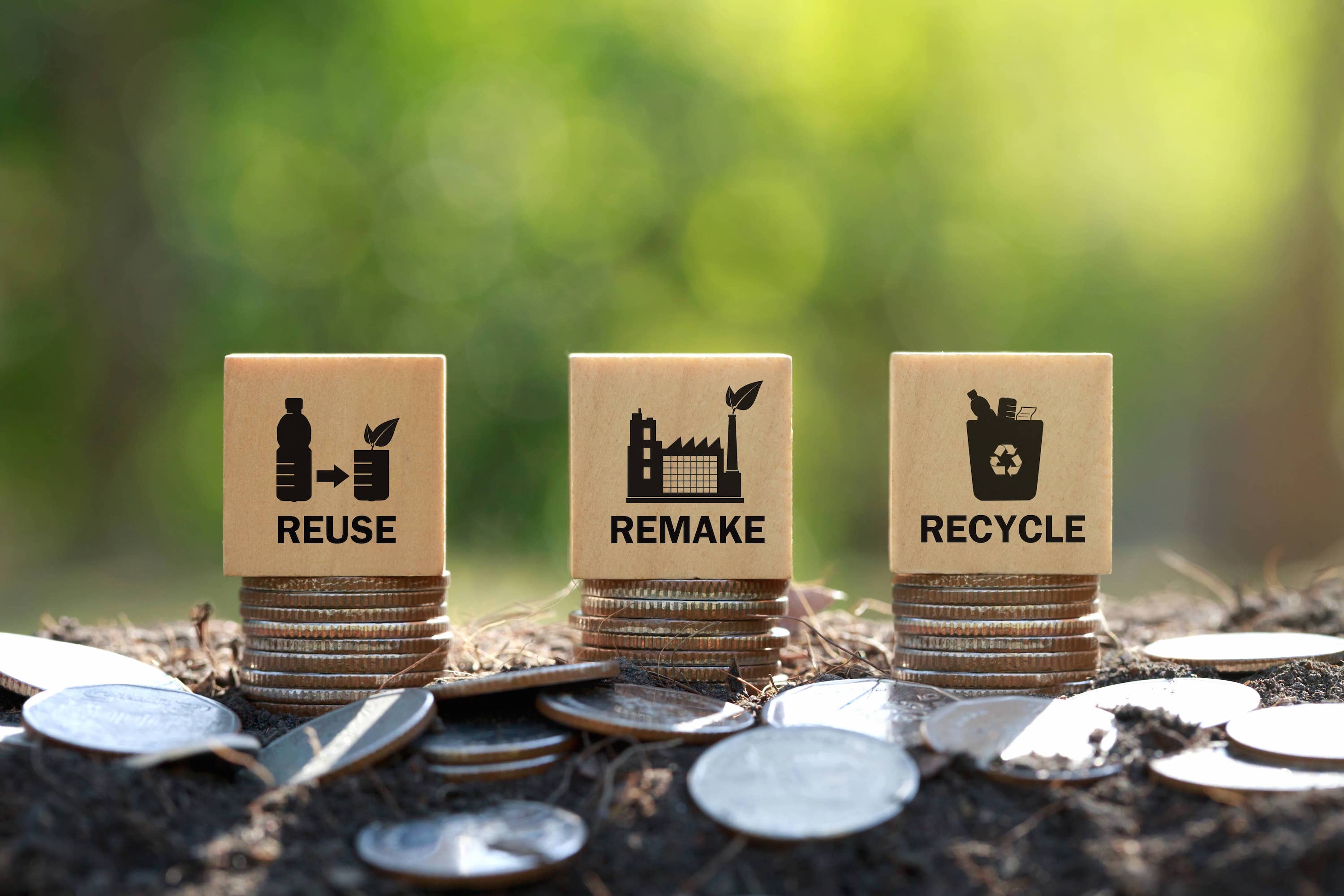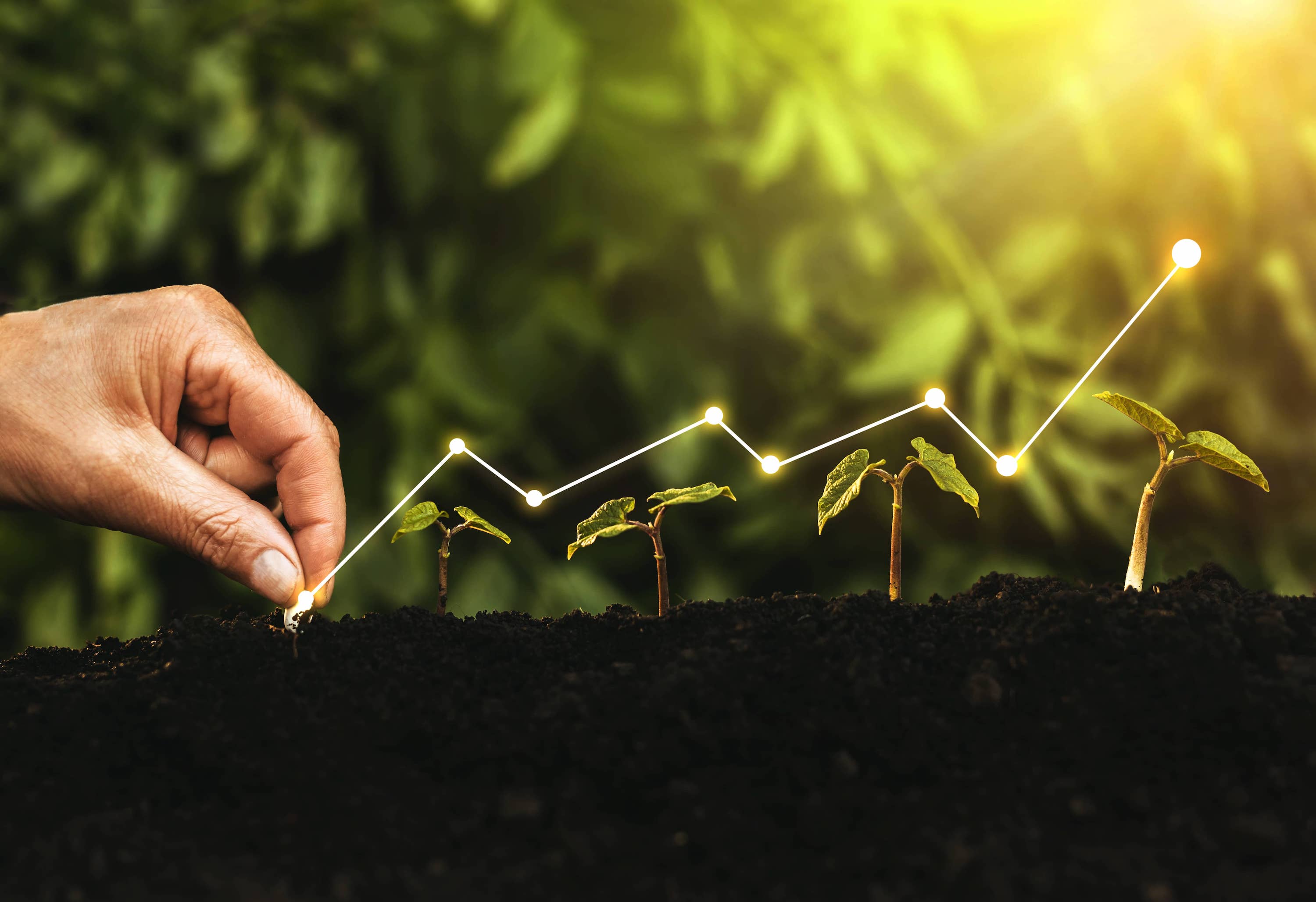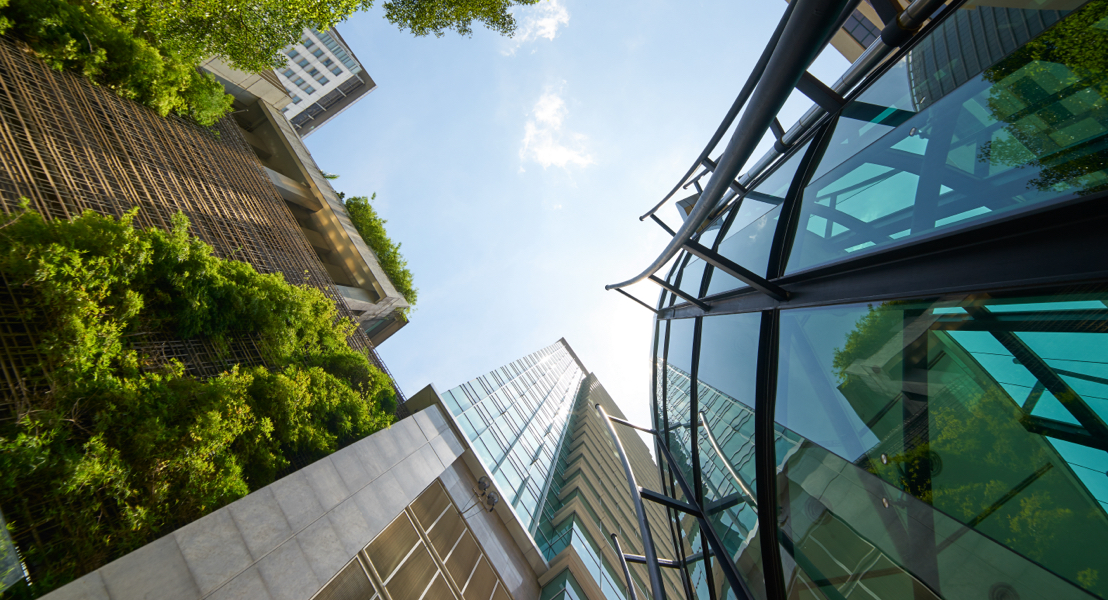
Non Financial Reporting Directive - EU Directive 95/2014
The Sustainability reporting, introduced for European companies with the EU Directive 95/2014, represents to date in the international reporting landscape, the starting point of a continuously evolving path that aims to meet numerous challenges, first and foremost the integrated management of non-financial information, structured in a framework that can be as comprehensive as possible, to be placed alongside classic financial reporting.




